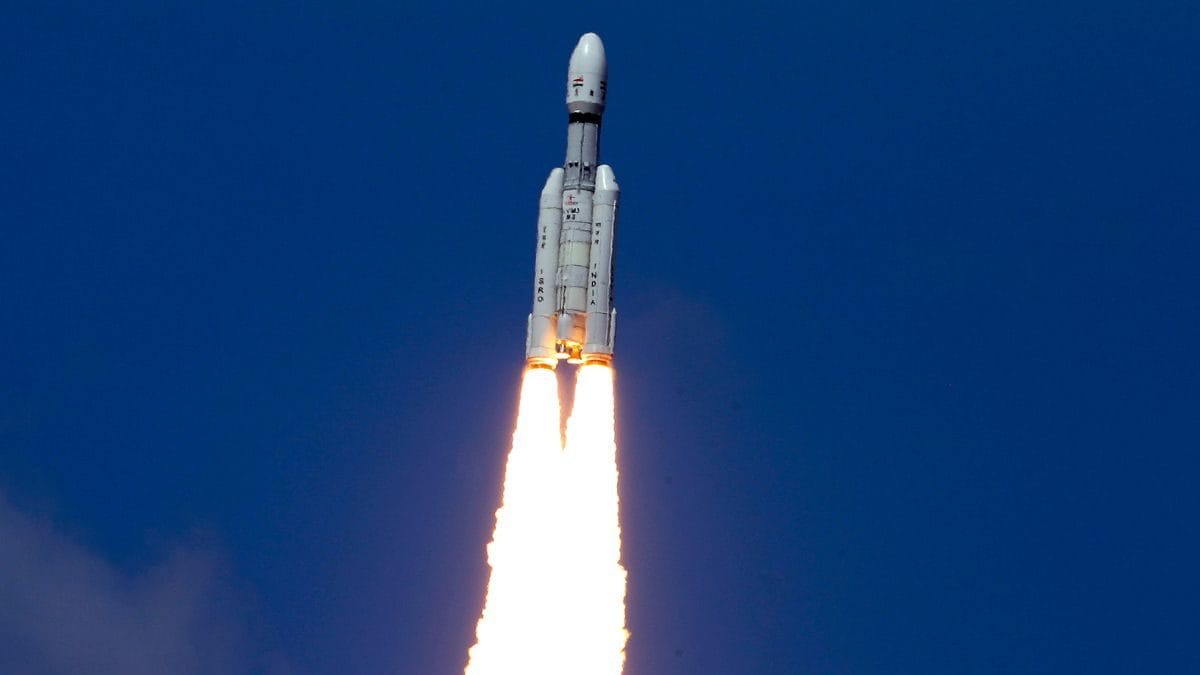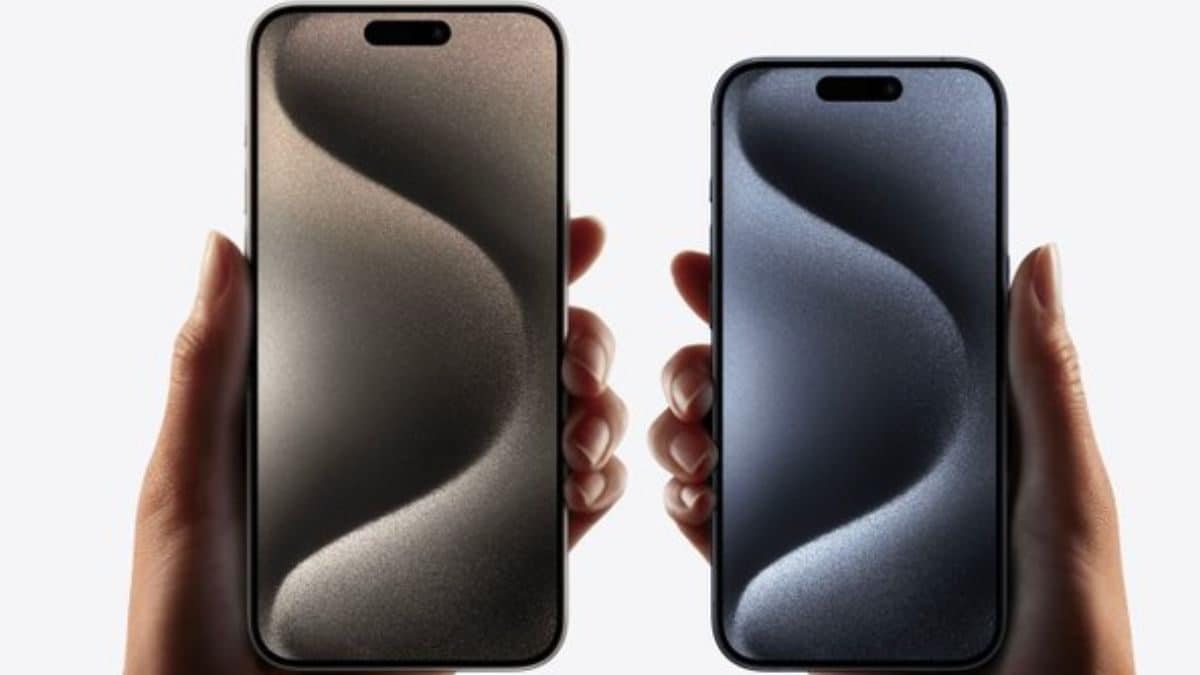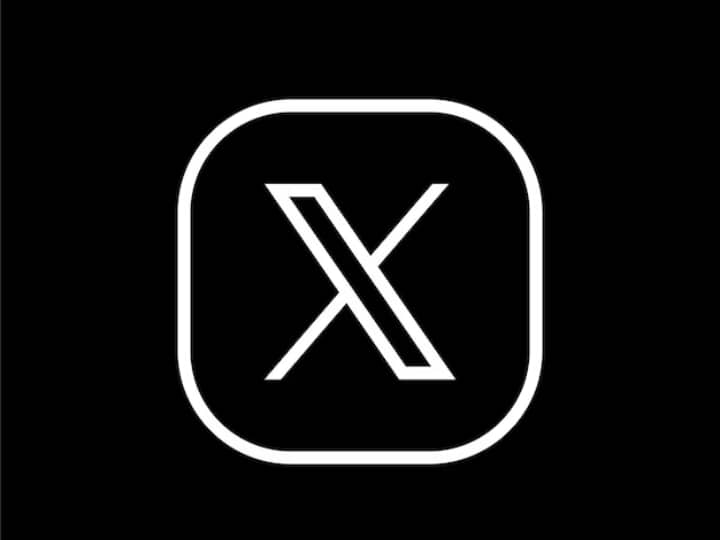[ad_1]

The spacecraft carries eight payloads, including one from NASA.
The Chandrayaan-3 consists of the Lander Module, which includes the lander (Vikram) and the rover (Pragyan).
Indian Space Research Organisation (ISRO) is getting closer to making history as its spacecraft Chandrayaan-3 will be attempting to soft land on the moon’s south pole at around 6.04 pm on Wednesday (today).
Launched on July 14 from India, the Chandrayaan-3 mission is all set to land on the lunar surface. If Chandrayaan-3 lands and deploys the rover successfully, India will be the fourth country to softly land on the Moon after the US, China, and the Soviet Union.
The lander is around 2 meters tall and weighs about 1,700 kg. It is made to release a smaller 26-kg rover. The Chandrayaan-3 consists of the Lander Module, which includes the lander (Vikram) and the rover (Pragyan). As the spacecraft gets closer to landing, here is a list of technical terms you should know.
Rover: Pragyan (rover), which means “wisdom” in Sanskrit, is the name of the robot vehicle that rides on the Lander. The six-wheeled vehicle is equipped with instruments and payloads that can offer information about the Moon’s surface.
Lander: A spacecraft that comes down and lands on the surface of a planet or moon.
Throttle Engine: The throttle engine on the Chandrayaan-3 can adjust its power, helping it move accurately and land softly on the Moon. Throttle control allows the engine’s thrust to be changed as needed for different tasks during the mission.
Soft Landing: This is when a spacecraft carefully lands on a surface, ensuring it touches down gently. This is crucial for safe human missions and scientific tests after landing.
Hard landing: This refers to a faster and less controlled landing, often causing damage to the spacecraft.
Lunar dust: Tiny, rough particles from the moon’s surface that can cause problems during soft landings. The spacecraft’s engines stir up this dust, making it hard to see and sometimes covering the surroundings.
Deboosting: A move to slow down and change the spacecraft’s path.
Perilune and Apolune: These are points during orbit – one is the closest point to the moon, and the other is the farthest.
Velocity Control: Making sure the spacecraft’s speed is just right when changing from horizontal to vertical movement.
The spacecraft carries eight payloads, including one from NASA, the American space agency. These payloads will collect information about the Moon’s atmosphere’s elements and send data to the lander and the lander, which in turn will communicate with scientists at ISRO.
[ad_2]
Source link





